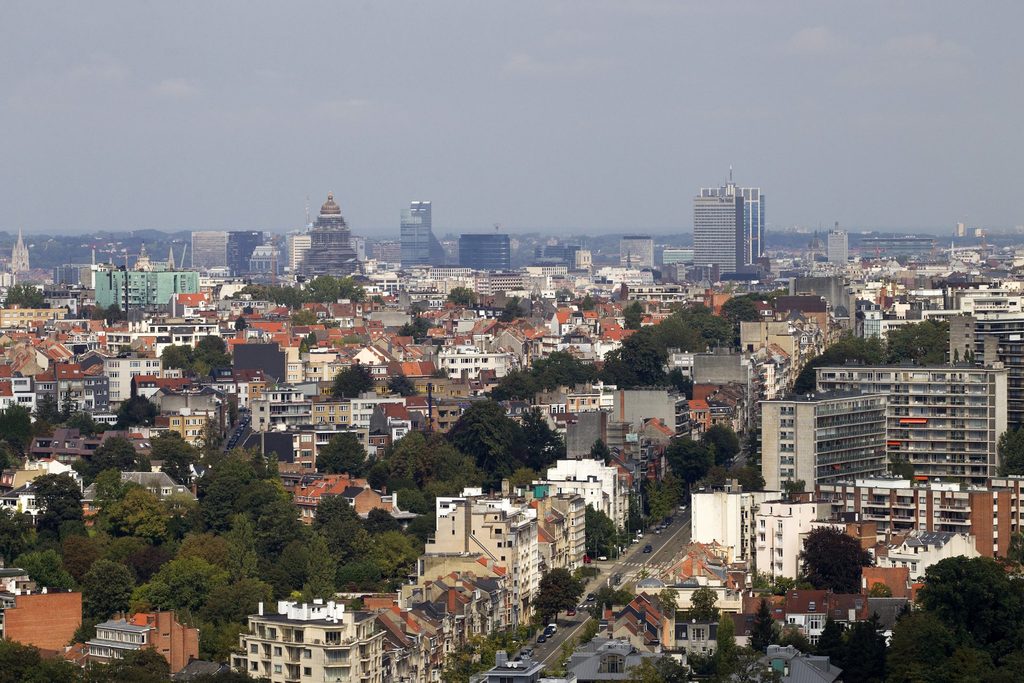Belgium's budget deficit is expected to reach nearly €30 billion by 2024, according to recent projections from the Federal Planning Bureau.
Some experts argue the deficit casts a shadow over the country's improving economic outlook – Belgium is even managing to avoid the recession which is affecting neighbouring countries like Germany and the Netherlands.
The Federal Government is struggling to contend with rising costs from an ageing population, particularly in pensions and healthcare. The current deficit for 2023 is estimated at 4.9% of GDP, or €27.9 billion, which is a slight improvement on initial forecasts.
However, these figures are predicted to rise in 2024, with the deficit hovering around 5% of GDP. This translates to a combined governmental deficit of close to €30 billion.
Belgium has been repeatedly condemned by the European Commission for its high levels of public spending, which accumulated in the highest budget deficit in the eurozone at the end of last year.
Experts warn that Belgium’s current level of spending is unsustainable and may break EU fiscal rules next year, despite the budget deficit being lower than anticipated.
Economy still on the up
However, Belgium's economy is showing signs of modest growth. GDP is projected to increase by 1% in 2023, although this is a downward revision from an earlier estimate of 1.3%.
The Federal Planning Bureau attributes this to "a deterioration in the international environment," but anticipates a more favourable growth rate of 1.3% in 2024, bolstered by improved international conditions and household consumption.
Inflation remains a cause for concern for the Belgian economy, although it is expected to soon stabilise.
After peaking at 12.3% in October 2022, inflation rates fell to 4.1% in August 2023. However, due to rising international oil and gas prices, a temporary increase is expected towards the end of 2023.
The Planning Bureau forecasts an average inflation rate of 4.4% for 2023 and 4.1% for 2024. Core inflation, which excludes items such as food and energy, is also expected to decline gradually but will remain above 2% by the end of 2024.
In regard to employment, the planning bureau remains relatively positive. The commercial sector continues to be labour-intensive, and after adding 101,000 jobs in 2022, another 50,000 jobs are expected to be created in 2023, followed by an additional 40,000 in 2024.

